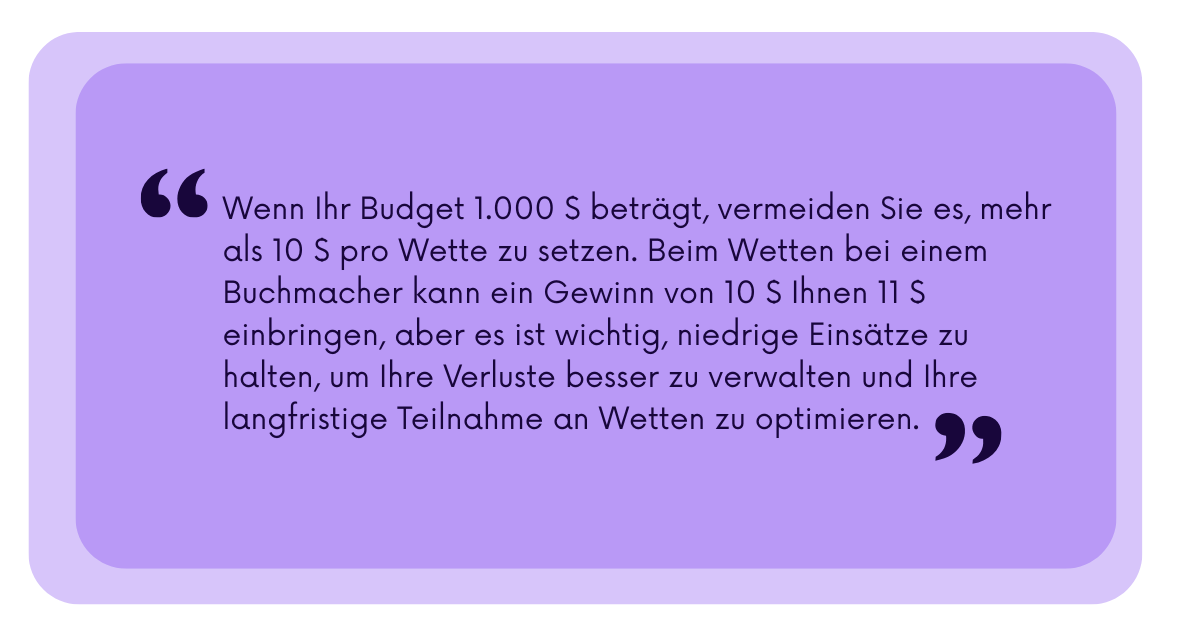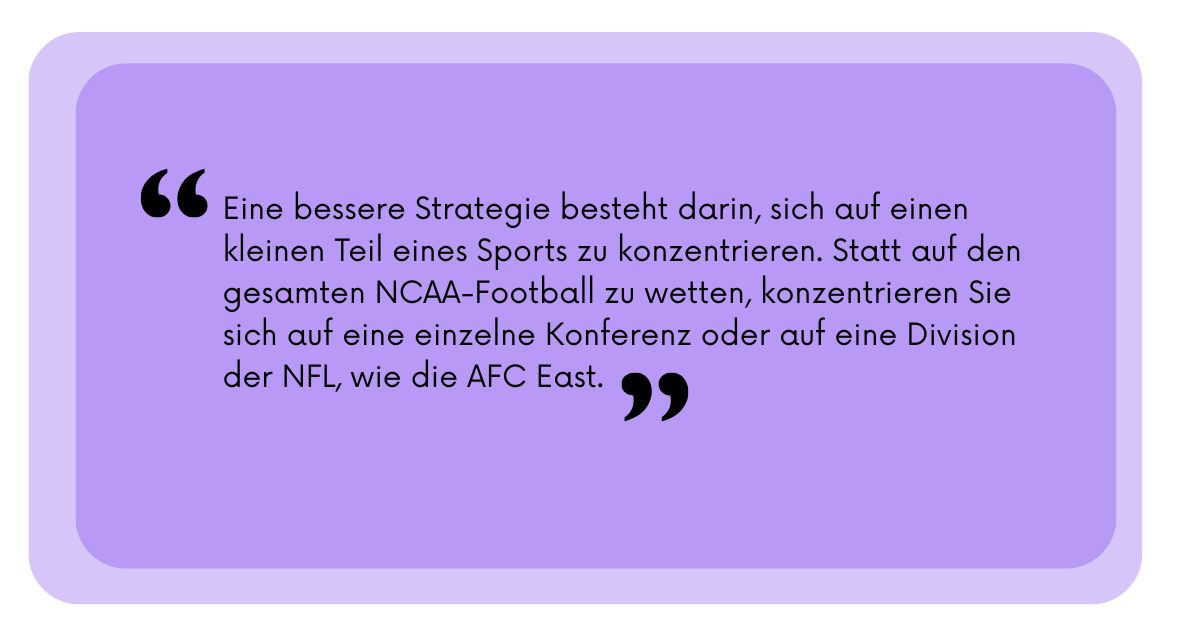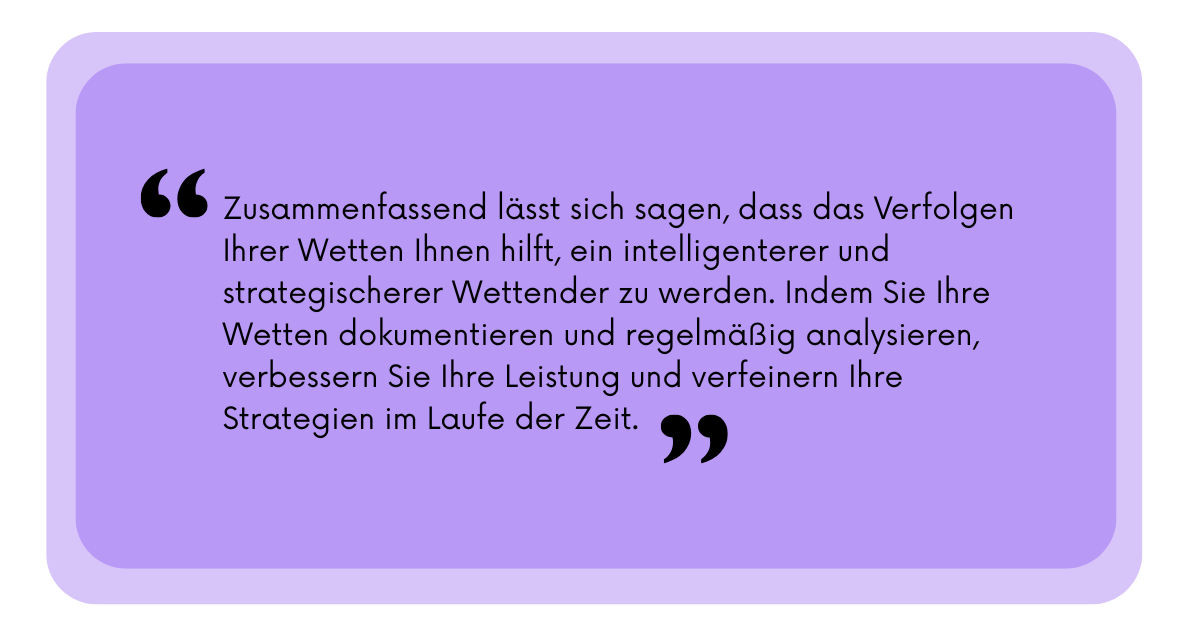Is there really an ultimate method to win at sports betting, or is that just an illusion? Many bettors believe luck is enough, but the reality is different. Long-term success requires a solid grasp of the basics, disciplined bankroll management, and precise strategies. This article goes beyond simple tips and walks you step by step toward an advanced approach that helps you avoid classic mistakes and optimize every bet.
Whether you’re a beginner or an experienced bettor—the key to success lies in a proven methodology. Here you’ll discover tried-and-tested strategies to analyze odds, maximize profits, and avoid common pitfalls. You’ll learn to make better betting decisions and place your stakes more deliberately. But does the ultimate method really exist? Read on and find out.
The essential fundamentals of sports betting
Mastering the fundamentals of sports betting is crucial to maximizing your chances of winning. Before placing a bet, it’s important to understand a few core concepts that influence bettors’ decisions.
Odds, set by bookmakers, reflect the probability of a specific outcome. They help assess chances and identify the most profitable wagers. Some bets focus solely on the winner of a game, while others include additional criteria such as point spreads or total points. These variations allow you to tailor strategies to analysis and predictions.
Understanding how odds are calculated and being able to interpret different bet types leads to a more considered approach. With solid fundamentals, you can make informed decisions and optimize your chances of winning over the long term.
The importance of analyzing teams and players
To maximize your chances of success in sports betting, thorough analysis of teams and players is essential. Decisions based on precise data increase the likelihood of placing a profitable bet. Examining teams starts with analyzing their recent performance, their head-to-head records, and their league position. Injuries, suspensions, or personnel changes within a team can significantly affect the outcome of a game. If a key player is missing, it can considerably weaken the team and thus change the final result.
Analyzing players is equally crucial. You should assess their individual statistics, including their offensive and defensive efficiency as well as their consistency on the field. Some players excel under pressure, while others perform worse in away games. The tactical approach of the coaches also plays a key role. While some favor a solid defense, others prefer an attack-oriented strategy. Understanding these tactics allows you to better anticipate game flow and estimate probabilities more accurately.
Finally, the context of a match greatly influences team performance. A decisive game or a strong rivalry can drive a team to peak performance—or cause it to crumble under pressure. A comprehensive analysis of all these factors helps you make more precise betting decisions and optimize your chances of success.
7 simple strategies for successful sports betting
Adopting effective strategies is crucial to maximizing your profits and minimizing risks. Discover proven methods that will help you analyze better, manage your budget, and make more informed decisions.
1. Manage your stakes carefully for better success

To succeed in sports betting, it’s crucial to start with small stakes and follow a disciplined approach. Learning smart betting strategies takes time, and even experienced players went through a learning phase before achieving consistent results.
One of the most common pitfalls for beginners is staking too much too quickly. It’s better to set a fixed budget for betting and not exceed it. A good strategy is to divide your bankroll into 100 units and never stake more than one unit per bet. This helps minimize losses while building experience.
Another effective approach is to reduce the hidden fees associated with betting. When you bet through intermediaries, a commission is often charged on every wager, reducing your potential profits. Finding ways to minimize these costs can improve your long-term profitability.
Ultimately, success relies on strict management and thorough analysis. The initial goal isn’t to win immediately but to limit losses while developing effective strategies. If you remain patient and methodical, you can gradually increase your stakes while keeping tight control over your bankroll.
 By staking only a small percentage of your bankroll, mistakes are less costly. That allows you to bet longer and increases your chances of finding a winning strategy.
By staking only a small percentage of your bankroll, mistakes are less costly. That allows you to bet longer and increases your chances of finding a winning strategy.
2. Focus on one sport to improve your betting
To be successful in sports betting, avoid betting on too many different sports. Many beginners make the mistake of betting on events they don’t know well, such as games across various leagues and sports. This can lead to poorly informed bets and losses.
Instead of betting on a variety of sports like football, basketball, baseball, and more, focus on a single sport at first. This allows you to better understand the specific data of that sport, analyze teams and players more thoroughly, and make more accurate decisions.
Focusing on one sport reduces complexity and helps you master betting strategies. The more you know about the sport you’re betting on, the more informed your decisions will be. Over time, you’ll develop specialized knowledge that increases your chances of success.

3. Moneyline bets: A simple and effective option
Moneyline bets are an alternative to spread bets, where you simply pick the winning team without considering the final point margin. Every bet has a positive (+) or negative (–) price. A positive price indicates an underdog. For example, a +150 price means a $100 stake would win an additional $150. A negative price marks a favorite, meaning you must stake $170 to win $100 at –170. The vig or bookmaker margin is embedded in every bet. In a spread bet, stakes are balanced at a fixed ratio ($110 to win $100), while the vig in moneylines is baked into the price, making it less visible.
Favorites are safer but offer smaller returns, while underdogs offer higher payouts. Backing a well-analyzed underdog can be very profitable. Bookmakers adjust prices to balance action, which makes spread betting harder to master. However, it’s often easier to predict the winner of a game than the exact margin. By analyzing current form, head-to-heads, and key absences, you can find advantageous moneylines and optimize your returns.
4. Understanding home-team bias in sports betting
In many sports, the home team wins more often than the away team. Exact percentages vary by sport and season, but the trend is widespread. Many fans know this, yet few recognize how this home-team bias influences their betting decisions. Failing to understand it can negatively impact your betting strategy.
Because home teams are often favored, many bettors overestimate their chances. Bookmakers account for this bias when setting prices to ensure odds reflect the majority’s behavior. It used to be more profitable to bet on home underdogs, but prices have adjusted. To make better decisions, don’t just look at home advantage; also weigh other key factors such as form, injuries, and tactics in your analysis.

5. Avoid betting on your favorite team

Many bettors start by backing their favorite team—often out of support and the desire to win money when their team wins.
However, this isn’t a reliable strategy for long-term success. To be a successful bettor, you must adopt an unbiased approach. That means evaluating games and teams without emotional attachment.
The goal should be to maximize your chances, not blindly follow your team. Through an objective analysis of games you can make more informed decisions and increase your chances of success.

6. Understanding the sportsbook profit model
Grasping the sportsbook profit model is essential for informed decisions. Bookmakers earn via the vig, the difference between what you must stake and what you can win. If you stake $110 to win $100, that margin exists. When you win, you get your stake back, but the bookmaker doesn’t profit. When you lose, the bookmaker keeps both your stake and the extra amount you had to risk.
By accepting bets on both sides of a game, the bookmaker secures a profit regardless of the outcome. This shows how sports betting is structured to guarantee the bookmaker a steady edge. Bettors should be aware of this model to better manage their strategies.

The ideal situation for a bookmaker is when equal money is staked on both sides of a game. Although hard to achieve, it can balance out if prices are set well. Sportsbooks set odds to generate equal action on both sides rather than to mirror expected final outcomes. While these can be close, a sharp bettor can spot profitable odds. If you can closely predict the point differential in results, compare your projections with posted lines. Sometimes you’ll find games where the bookmaker’s odds diverge from your projection because they prioritize balancing action over forecasting the result.
7. Tracking your bets for continuous improvement

Tracking your bets is essential to improving your sports-betting performance. By keeping detailed records, you can analyze results over time, identify successful strategies, and spot areas to improve. Use a spreadsheet or bet-tracking software to log key details: date, event, bet type, odds, stake, outcome, and your notes. This approach lets you track your history precisely.
After logging your wagers, regularly analyze your performance. Identify sports, teams, or bet types where you do better. For example, you might excel with underdogs in basketball but struggle with point spreads in football. This analysis helps you adjust strategies accordingly. Also evaluate your bets relative to emotions or motivations. Impulsive bets during a hot streak can hurt performance. Reflecting on decisions fosters a more disciplined approach.
Use your data to calculate key metrics like win rate and return on investment (ROI). These quantified measures help you evaluate what works. This objective tracking lets you make decisions based on facts rather than assumptions. When a strategy performs well, refine your approach to maximize profits. Continuous improvement is crucial for long-term success in sports betting.

Can you win at sports betting: Is there an ultimate method?
In summary, there is no ultimate method to win at sports betting. However, success hinges on a combination of skills and strategies. A solid understanding of odds, careful bankroll management, and a disciplined approach increase your chances. Don’t underestimate the importance of game analysis and thorough research to make informed decisions. Continuous improvement through tracking your bets is essential for refining your strategies.
Disciplined habits, such as avoiding emotional biases and specializing in certain areas, give you an edge. By continuously learning and applying these principles, you maximize your chances of achieving consistent profits over the long run. Remember that betting is a marathon, not a sprint, and every new experience helps you become a more strategic and seasoned bettor.


 By staking only a small percentage of your bankroll, mistakes are less costly. That allows you to bet longer and increases your chances of finding a winning strategy.
By staking only a small percentage of your bankroll, mistakes are less costly. That allows you to bet longer and increases your chances of finding a winning strategy.









